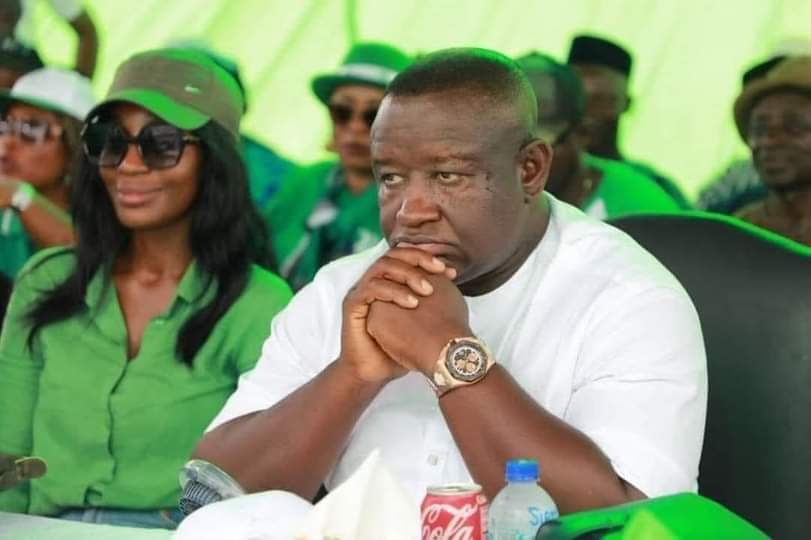The challenges faced by Sierra Leone are evident in every facet of daily life, straining citizens to the point of exhaustion. Market vendors fight to sustain their businesses as inflation surges, pushing basic goods out of reach for many. The Leone’s depreciation has compounded these struggles, driving up prices to unprecedented levels and turning staples like rice into luxuries that families must carefully ration.
High unemployment rates further amplify these hardships. Young people find scant hope in the job market, with limited positions primarily in the informal sector, where wages are low and benefits nonexistent. A university degree, once a beacon of opportunity, now often leads only to frustration, as graduates are forced into menial jobs or face long stretches of unemployment. Many turn to street trading just to survive, contributing to a growing sense of economic disenfranchisement.
Despite Sierra Leone’s wealth in natural resources—diamonds, iron ore, and rutile—this abundance has not translated into prosperity for its citizens. Instead, the wealth is extracted by foreign companies and a small, privileged political class, leaving most Sierra Leoneans disillusioned. Promises of shared wealth have dissolved, leaving citizens questioning why they feel estranged from a land so rich in resources yet barren of opportunities for its own people.
The economic distress is exacerbated by a political system focused on self-preservation over public welfare. Each election cycle brings a new set of promises for improved infrastructure, healthcare, and education, yet these often evaporate once leaders assume office. Rather than implementing meaningful reforms, politicians concentrate on consolidating power, forging alliances, and, for some, amassing personal wealth. Corruption and nepotism weaken public institutions, diverting funds meant for development and leaving essential services under-resourced. Hospitals lack supplies, schools are overcrowded and ill-equipped, and citizens struggle to access even the most basic services.
This widespread disillusionment is compounded by a perception that leaders are indifferent to citizens’ voices. Calls for accountability are frequently met with silence or even suppression. Sierra Leoneans crave leaders who will genuinely address their concerns, not evade responsibility or dwell on the failures of past governments. Social media has become a powerful platform for young Sierra Leoneans, enabling them to share experiences, mobilize, and push for change, transcending ethnic and regional lines.
Civil society organizations are also advocating for reform and holding government officials accountable. The demand for change is intensifying, and there is a collective understanding that unless governance improves, poverty and hardship will only deepen. Sierra Leoneans remain resilient, united by a shared love for their country and a belief in its potential. They envision a future where resources are managed sustainably, young people find meaningful employment, and public institutions fulfill their duty to serve.
The solutions are clear: address corruption, stimulate economic growth, invest in education and healthcare, and create jobs. With leaders committed to these priorities, Sierra Leone could transform into a nation where opportunity is accessible to all, not just a select few. Citizens also play a crucial role by demanding accountability, voting for leaders with integrity, and remaining active in the political process.
Though the path forward may be challenging, Sierra Leoneans’ resolve is unwavering. The collective call for change echoes a demand for justice, fairness, and governance that genuinely prioritizes the well-being of all. The era of empty promises is over; the people’s voices are loud and clear—Sierra Leone deserves better, and its citizens are prepared to forge a brighter future.











